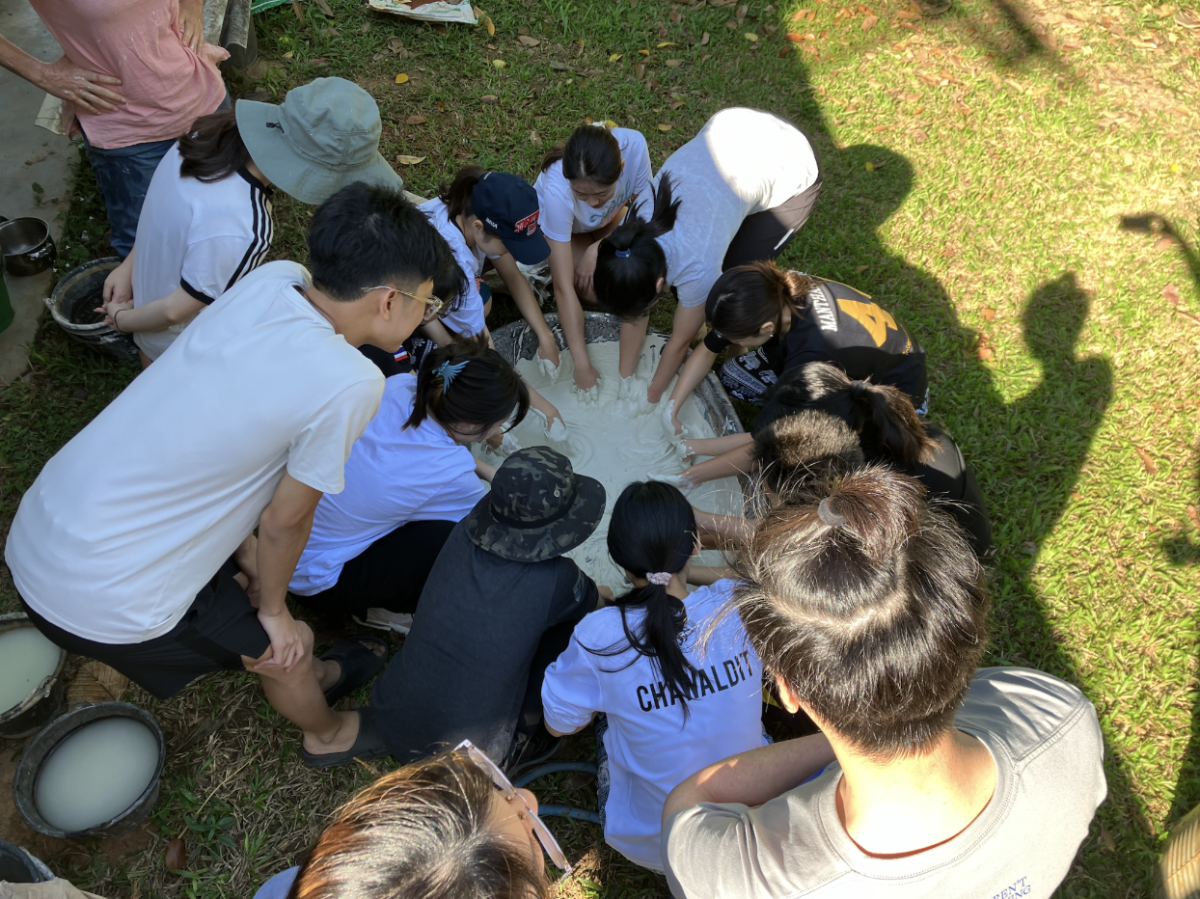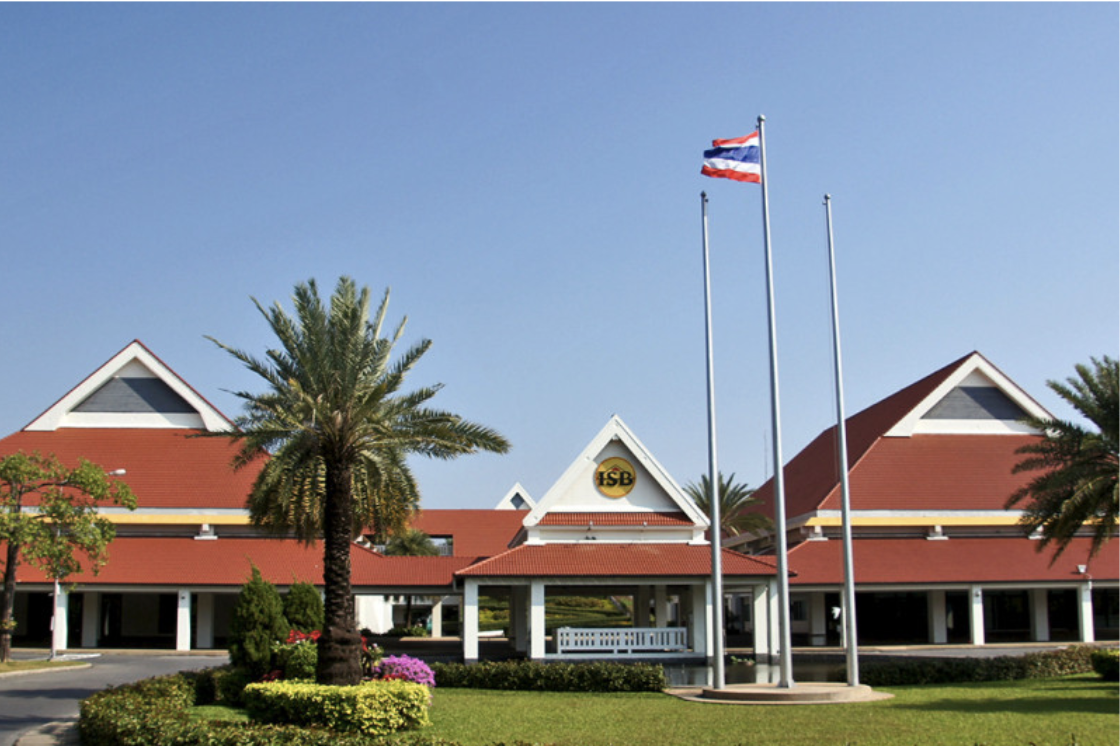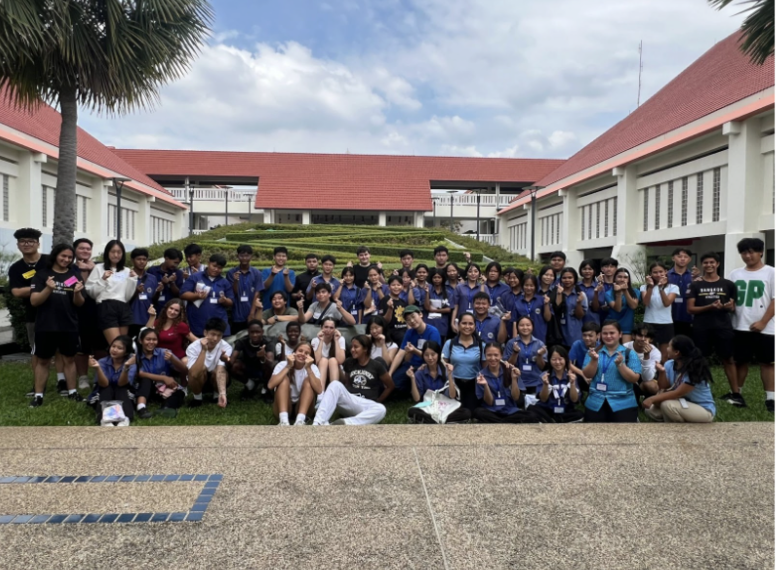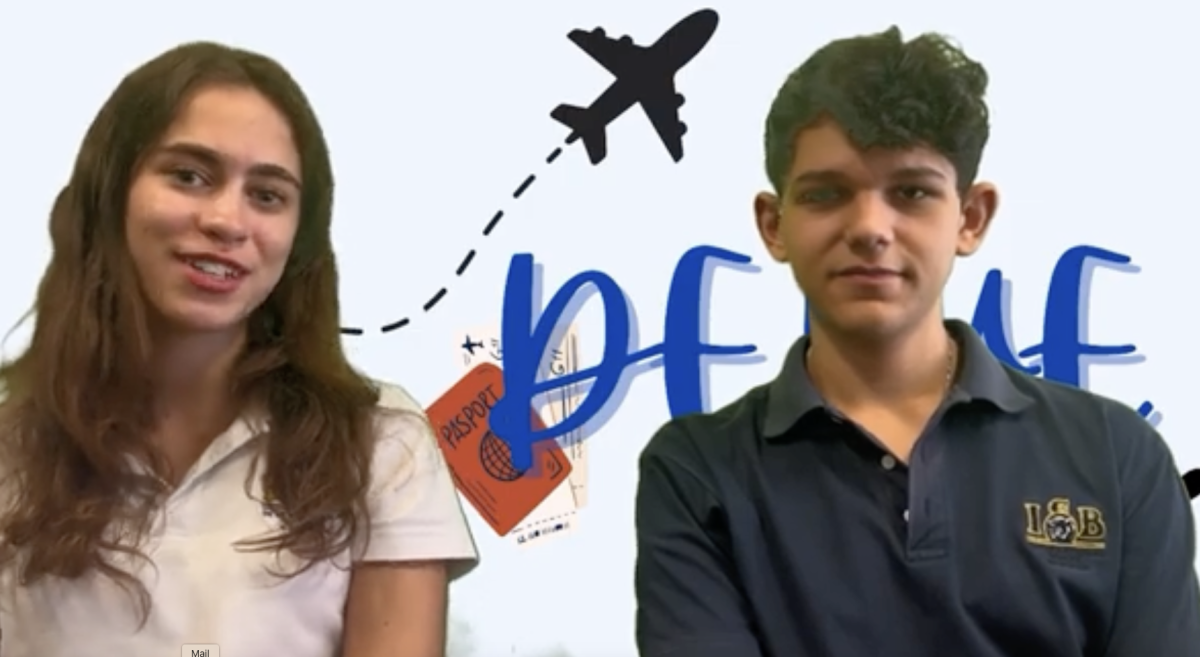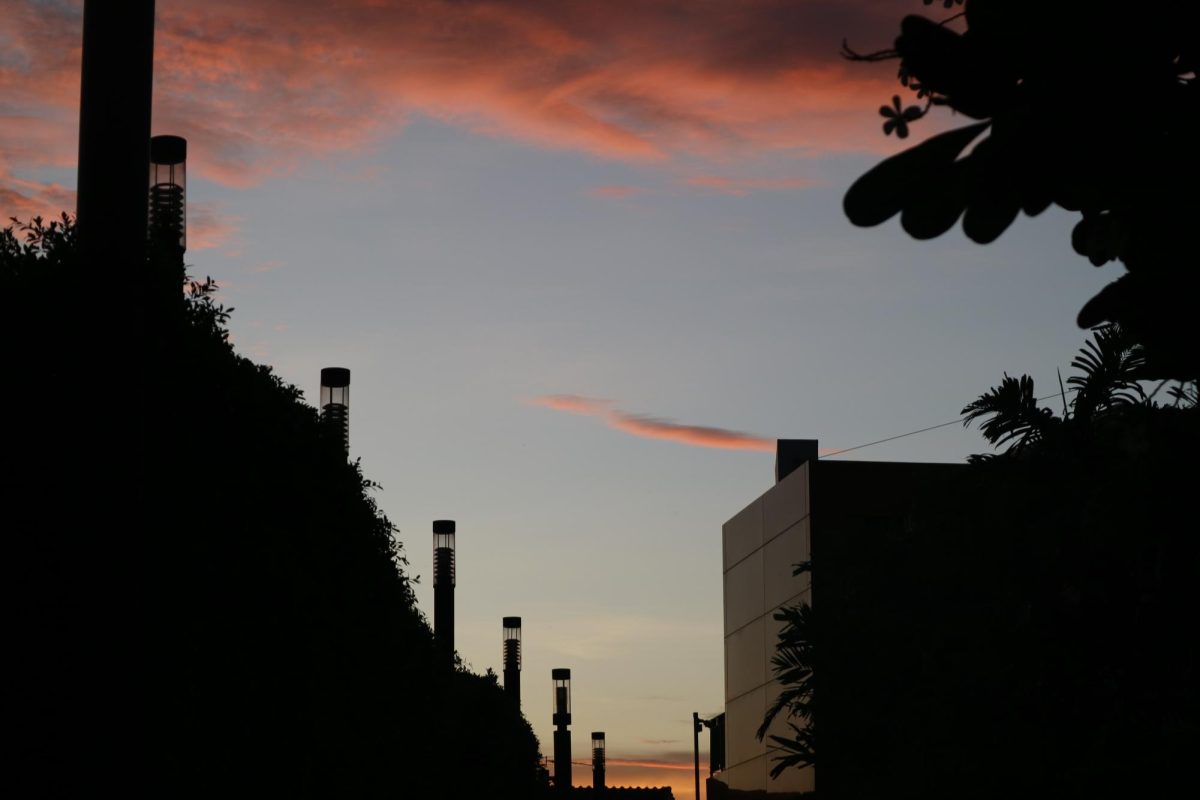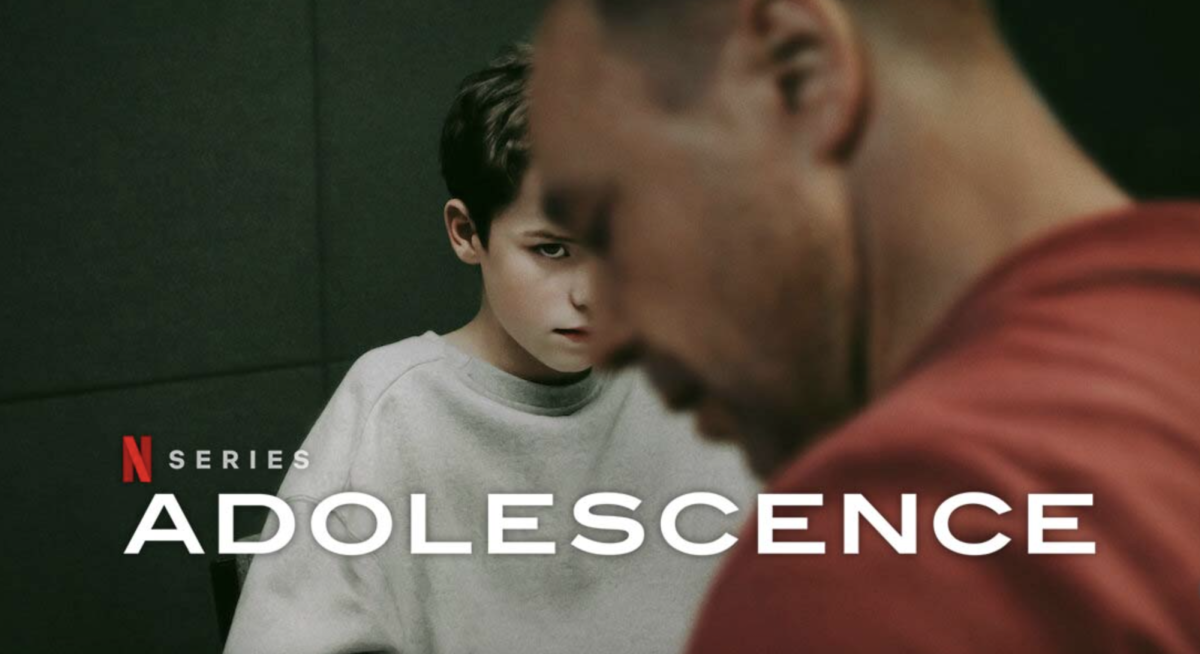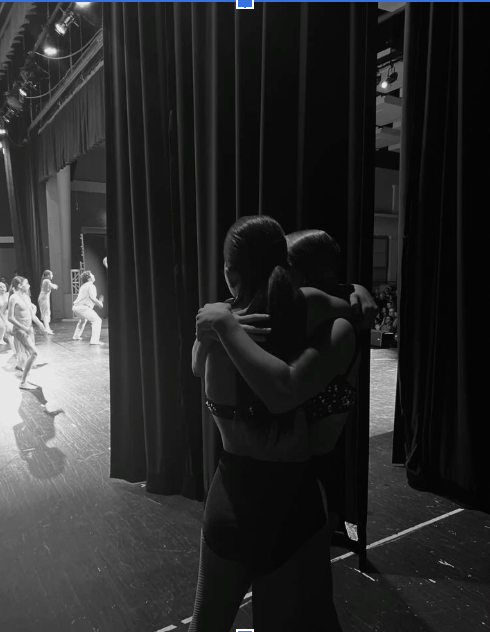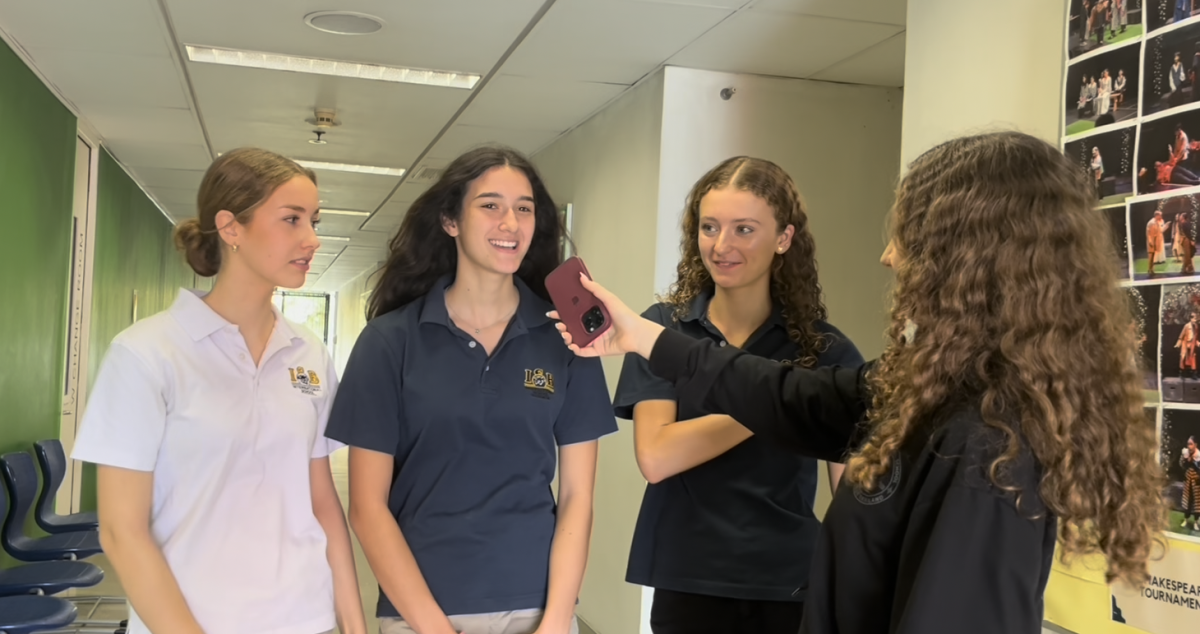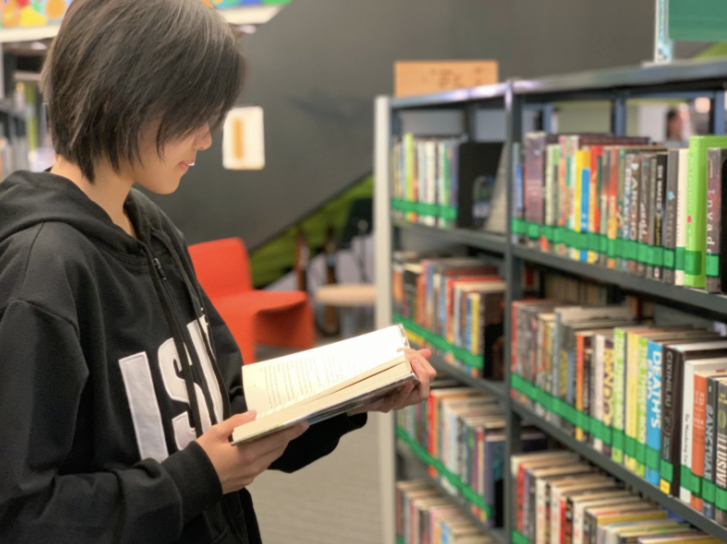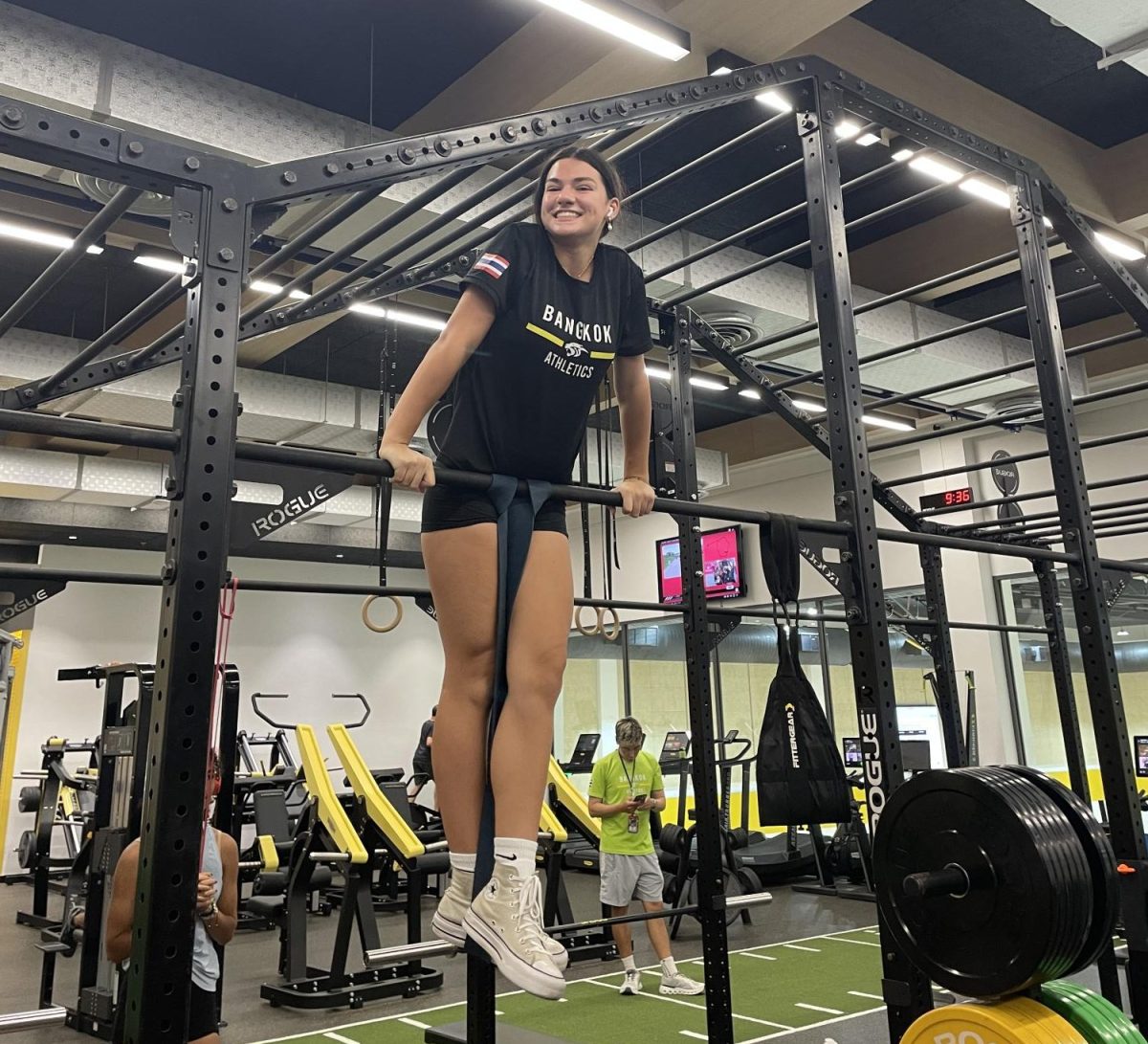Have you ever wondered whether ISB profits from Delve trips? It’s a question many students have asked aloud, which is why ISB teacher April Soo’s Financial Math class recently sought to investigate this question, looking at the costs associated with these annual trips.
The Delve trips aim to give students practical experiences beyond the classroom to make them more aware and caring about the world. But some trips, such as the 5,000 baht Bangkok day trip during which students also pay for their own meals, seem expensive. This has led some students to think that the school might be making extra money from the associated fees.
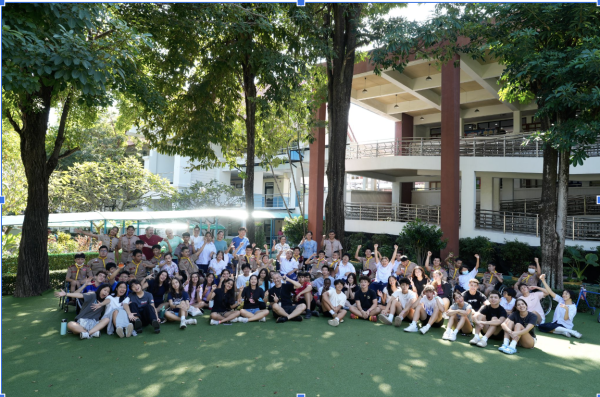
Delve trips may appear to be expensive, but when we break down the costs involved provided by CAS and Service Learning Coordinator Peter Assimakopoulos, it becomes clearer why the expenses accumulate. The various elements that contribute to the overall cost of a Delve trip include a feacher fee, hotel fee (if applicable), airfare, Montri bus transportation, insurance, International SOS service, credit card charges, and a refundable emergency fee.
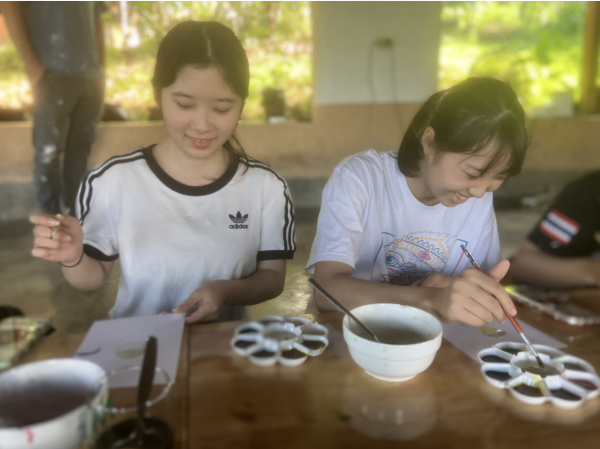
In terms of airfare, the school charges students an additional 10% to cover potential fluctuations in ticket prices, depending on when the school makes the booking and the season of the Delve trip. Additionally, the school invests in insurance for students, ensuring that in case of emergencies, there is a safety net to cover the cost of the students’ basic needs. The International SOS service aids the school in obtaining information and locating the nearest hospital in case of an emergency.
Furthermore, the school imposes an extra 3.5% charge on the total trip cost to create an emergency fund. This preemptive measure ensures that the school has access to funds for unforeseen circumstances during the trip, eliminating the need to approach parents for additional money, which could be time-consuming.
An illustrative example is the Junior Special Olympics Delve trip, a day trip costing 5,000 baht per student. In this instance, students simply attend school in Bangkok to engage with kids, incurring no additional expenses. Breaking down the costs, trip organizers budget costs of 1,000 baht per student for each of the five days and a 100-baht teacher fee. Any remaining funds are then donated to the school they visit.
In the case of other trips, surplus funds are not retained by the school but are instead distributed back to the students and their families in the form of refunds, ensuring fairness and transparency. When there are overages for certain trips, families are alerted to the fact that the school will be issuing a refund and asks how families want the credit — to their campus card, directly into their bank account, or cash from the cashier’s office. This practice emphasizes the educational and experiential objectives of Delve trips, reinforcing the notion that their primary purpose is to enrich the student’s learning experiences rather than serve as a revenue-generating venture for the school.
“We value student voice,” says Mr. Assimakopoulos, “so we offer all the trips that we believe will be fun and safe for our students.”

